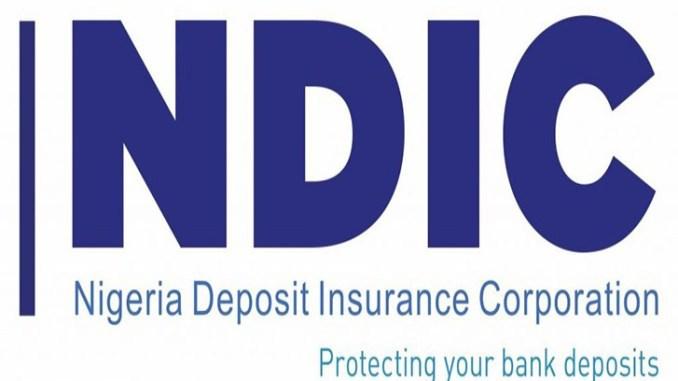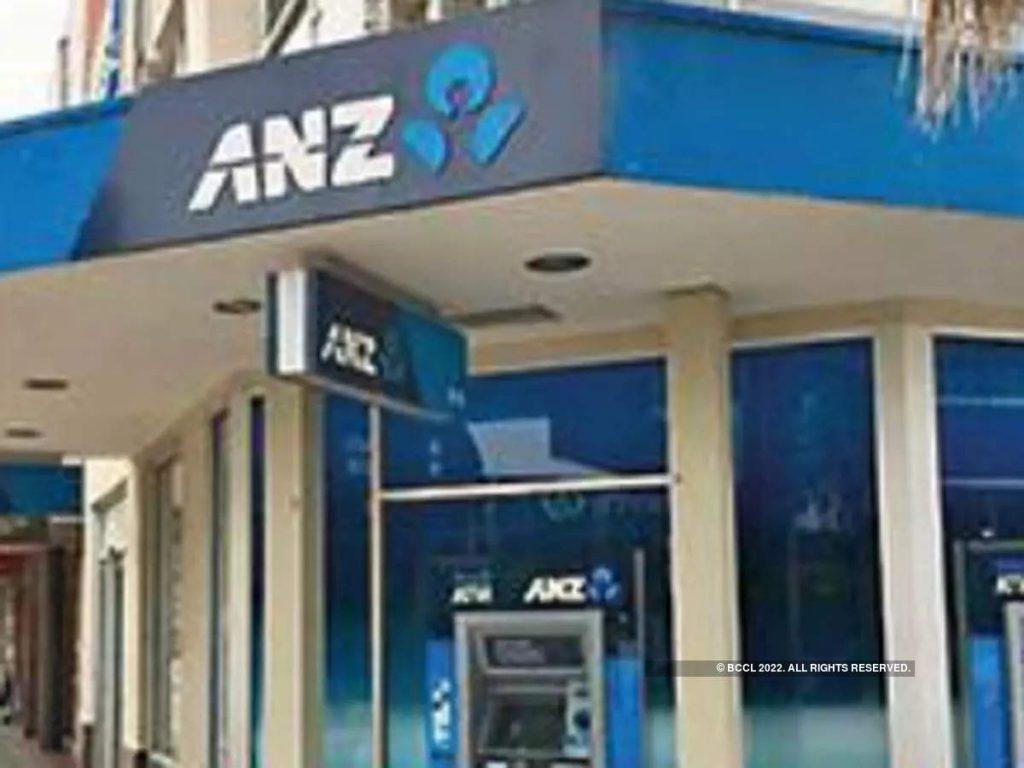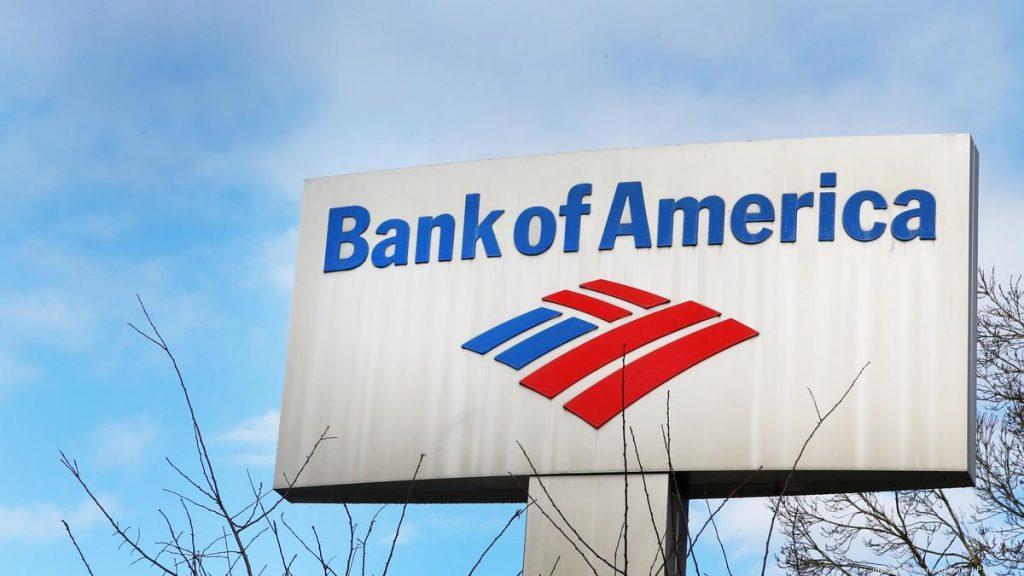Last Updated on September 3, 2024 by admin
Deposit Insurance scheme is an insurance system support by insured bank and administered by either a government agency or a private sector organization for the purpose of protecting the banking system and offering some financial guarantee to depositors.
It not mainstream insurance show in such misconstrued by some people,The different with ordinary insurance show in such area as admissibility for cover,rating system ,off site surveillance and on site examination of institutions covered ,among other area.
The financial guarantee function of a deposit insurance scheme tends of secondary important when compare to the protection to be offered by the scheme to the banking system against runs emphasized the insurance function of a deposit insurance scheme and have given prominence to the protection function in the naming of their scheme.
For example in the united kingdom, the nomenclature adopted is deposit protection funds which gives prominence to bank deposit protection function.
YOU MAY LIKE Major Causes of Bank failure in Nigeria
What is a deposit insurance scheme?
The Nigeria Deposit Insurance Scheme (NDIC) is a government agency in Nigeria that was established in 1988 with the aim of protecting depositors and promoting the stability of the country’s financial system. The NDIC provides insurance coverage for depositors’ funds in licensed banks and other financial institutions, ensuring that depositors do not lose their money in the event of a bank failure. This helps to maintain confidence in the banking system and prevent financial panics and runs on banks.
The agency guarantees the repayment of a certain amount of money per depositor per bank, thereby protecting the savings of individuals and businesses. This insurance coverage helps to build trust in the banking system and encourage people to keep their money in banks rather than under their mattress or in other risky investments.
The NDIC also plays a crucial role in promoting sound banking practices and maintaining financial stability in Nigeria. The agency works closely with other regulatory bodies such as the Central Bank of Nigeria and the Securities and Exchange Commission to monitor and regulate the activities of banks and financial institutions, ensuring that they operate in a safe and responsible manner. By safeguarding depositors’ funds and promoting a healthy banking sector, the NDIC helps to protect the overall stability of Nigeria’s economy.
Key Features of the NDIS:
- Coverage: It guarantees the payment of insured deposits up to a maximum limit per depositor, per bank. Currently, the maximum insured amount is ₦500,000.
- Eligibility: All deposit-taking financial institutions licensed by the Central Bank of Nigeria (CBN) are required to participate in the scheme.
- Funding: The NDIC funds the scheme through premiums paid by member banks.
- Payout: If a bank fails, the NDIC steps in to reimburse depositors up to the insured limit.
- Objectives: The primary goals of the NDIS are:
- Protect small depositors: Safeguard the savings of small depositors who might not have the resources to assess the financial health of banks.
- Maintain financial stability: Promote confidence in the banking system and prevent bank runs by assuring depositors that their money is protected.
- Contribute to the effective supervision of insured institutions: The NDIC works with the CBN to monitor and supervise member banks to help prevent failures.
Benefits of the NDIS:
- Enhanced depositor confidence: Depositors can trust that their money is safe up to the insured limit, even if their bank fails.
- Reduced risk of bank runs: The scheme discourages panic withdrawals and helps maintain stability in the financial system.
- Promotes financial inclusion: Encourages more people to save their money in formal banking institutions.
Important Considerations:
- Coverage Limits: The insured limit is currently ₦500,000 per depositor, per bank. Deposits exceeding this limit are not fully protected.
- Non-Insured Deposits: Certain types of deposits, such as foreign currency deposits, interbank deposits, and deposits of government agencies, are not covered by the NDIS.
- Claim Process: In the event of a bank failure, depositors need to follow the NDIC’s claim process to receive their insured funds.
Reasons for Deposit Insurance Scheme
The main reasons for establishing deposit insurance scheme are for protective measure .I.e. protecting bank depositors ensuring financial stability and promoting competitive efficiency and equality ,some of the reasons identified are:
YOU MAY LIKE: Reasons why Government Participate in Banking business in Nigeria
1 Against Risk:
The deregulation of the financial in Nigeria in 1986, opened the way for many banks in the country.It encourage competition among the institutions also it was expected to encourage risk taking by banks. such risk were bound to put depositors funds at risk.It was then necessary for deposit insurance scheme to protect the depositor funds and the banking system.
2. Against bank failure:
The establishing of deposit insurance scheme serve as a signal of change in government in protecting and supporting both the customers and the banking sector against bank failure.It serve as an insurance for the depositors as protection of customers is being carried out in an increasing competitive banking environment, even when bank failure were being expected.There is that confidence that deposit insurance scheme can protect their deposits.
3. To boost Confidence:
The protection of the banking system from runs and depositors from losses , was expected to ginger greater confidence in the banking system.In turn the increasing public confidence in banks was expected to attract even more deposits and as well encourage banking habit
Banks are expected to profit from greater volume of deposit and the larger number of loan customers in a stable and competitive banking environment.
YOU MAY LIKE: POS Machine Cardless: How to pay and withdraw money from POS without ATM card in all Nigeria Banks using Paycode
4. As a moral duty by the government :
Before the establishment of central bank of Nigeria CBN in Nigeria most depositors suffered greatly ,especially when 21 banks failed between 1930 and 1954.
Based on that government don’t want such to repeat itself any longer, looking at the hardship that are faced by depositor, especially as the banking system was bound to be competitive and sophisticated following deregulation. Government has moral duty to protect the unsophisticated bank customers through the establishment of a formal deposit insurance scheme.
How does a deposit insurance scheme benefit Nigeria banks?
The Nigeria Deposit Insurance Scheme (NDIS), implemented by the NDIC, provides several benefits to Nigerian banks:
- Enhances Public Confidence & Stability:
- The assurance of deposit protection fosters trust in the banking system, reducing the likelihood of bank runs and promoting financial stability.
- This stability enables banks to operate more efficiently and focus on their core functions of lending and financial intermediation.
- Attracts Deposits:
- The safety net provided by the NDIS encourages individuals to deposit their money in banks rather than keeping it at home or investing in riskier informal schemes.
- This increased deposit base provides banks with a larger pool of funds to lend, stimulating economic activity.
- Reduces Systemic Risk:
- By protecting depositors, the NDIS limits the contagion effect of bank failures, preventing a domino effect across the financial sector.
- This helps maintain the overall health of the banking system and the broader economy.
- Encourages Sound Banking Practices:
- Banks are incentivized to adopt prudent risk management practices and maintain adequate capital levels to avoid the financial penalties associated with potential failures.
- The NDIC’s supervisory role further reinforces this by monitoring banks’ compliance with regulatory requirements.
- Facilitates Market Discipline:
- The knowledge that depositors are protected up to a certain limit encourages them to be more selective when choosing banks, favoring those with sound financial practices.
- This market discipline pushes banks to compete on the basis of their financial strength and service quality.
- Assists in Bank Resolution:
- In the event of a bank failure, the NDIC’s role in resolving failed banks helps minimize disruptions to the financial system and ensures that depositors receive their insured funds promptly.
- This reduces the potential negative impact on other banks and the economy.
How is the deposit insurance scheme funded in Nigeria?
The primary source of funding for the Nigeria Deposit Insurance Scheme (NDIS) is periodic premium contributions from insured institutions. These premiums are calculated based on the total deposit liabilities of each participating bank
Additionally, the NDIC maintains two separate funds:
- Deposit Insurance Fund (DIF): This fund is for universal banks.
- Special Insured Institutions Fund (SIIF): This fund caters to other insured deposit-taking financial institutions like microfinance banks and primary mortgage institutions.
These funds serve the core purpose of meeting the NDIC’s obligations, such as paying out insured sums to depositors in case of bank failures and providing financial assistance to eligible institutions.
To further supplement its income, the NDIC also invests in financial instruments like Treasury Bills and Federal Government Bonds. The returns on these investments contribute to the overall funding of the scheme.
It’s important to highlight that the NDIC does not receive any government subvention for its operations. It operates independently and sustainably, relying primarily on premiums from member banks and investment income.
In conclusion, the funding for the NDIS in Nigeria comes mainly from the premiums paid by participating banks, complemented by investment income. This ensures the scheme’s financial independence and its ability to fulfill its mandate of protecting depositors and maintaining stability in the banking system
Are all Nigeria banks required to have deposit insurance?
Yes, all deposit-taking financial institutions licensed by the Central Bank of Nigeria (CBN) are mandated to have deposit insurance. This includes:
- Deposit Money Banks (DMBs)
- Microfinance Banks (MFBs)
- Primary Mortgage Banks (PMBs)
- Non-Interest Banks (NIBs)
- Payment Service Banks (PSBs)
This mandatory participation in the Nigeria Deposit Insurance Scheme (NDIS) is stipulated by the NDIC Act. It ensures that depositors in these institutions have a safety net in case of bank failures
How does the deposit insurance scheme protect customers deposits?
The deposit insurance scheme in Nigeria, implemented by the NDIC, protects customer deposits in several key ways:
- Guaranteed Reimbursement:
- In the unlikely event of a bank failure, the NDIC guarantees to reimburse depositors up to the maximum insured limit, which is currently ₦500,000 per depositor, per bank. This ensures that even if the bank is unable to meet its obligations, depositors won’t lose their entire savings.
- Prompt Payout:
- The NDIC aims to make payments to insured depositors as quickly as possible after a bank failure. This minimizes disruption to depositors’ financial lives and helps them regain access to their funds promptly
- Increased Confidence in the Banking System:
- The knowledge that deposits are insured up to a certain limit instills confidence in the banking system, reducing the likelihood of bank runs and panic withdrawals. This helps maintain financial stability
- Encourages Savings:
- By providing a safety net, the deposit insurance scheme encourages people to save their money in formal banking institutions rather than keeping it at home or investing in riskier informal schemes. This contributes to financial inclusion and mobilizes savings for economic development.
- Promotes Sound Banking Practices:
- The existence of the deposit insurance scheme indirectly promotes sound banking practices. Banks are incentivized to manage their risks prudently to avoid the financial penalties and reputational damage associated with potential failures.

















